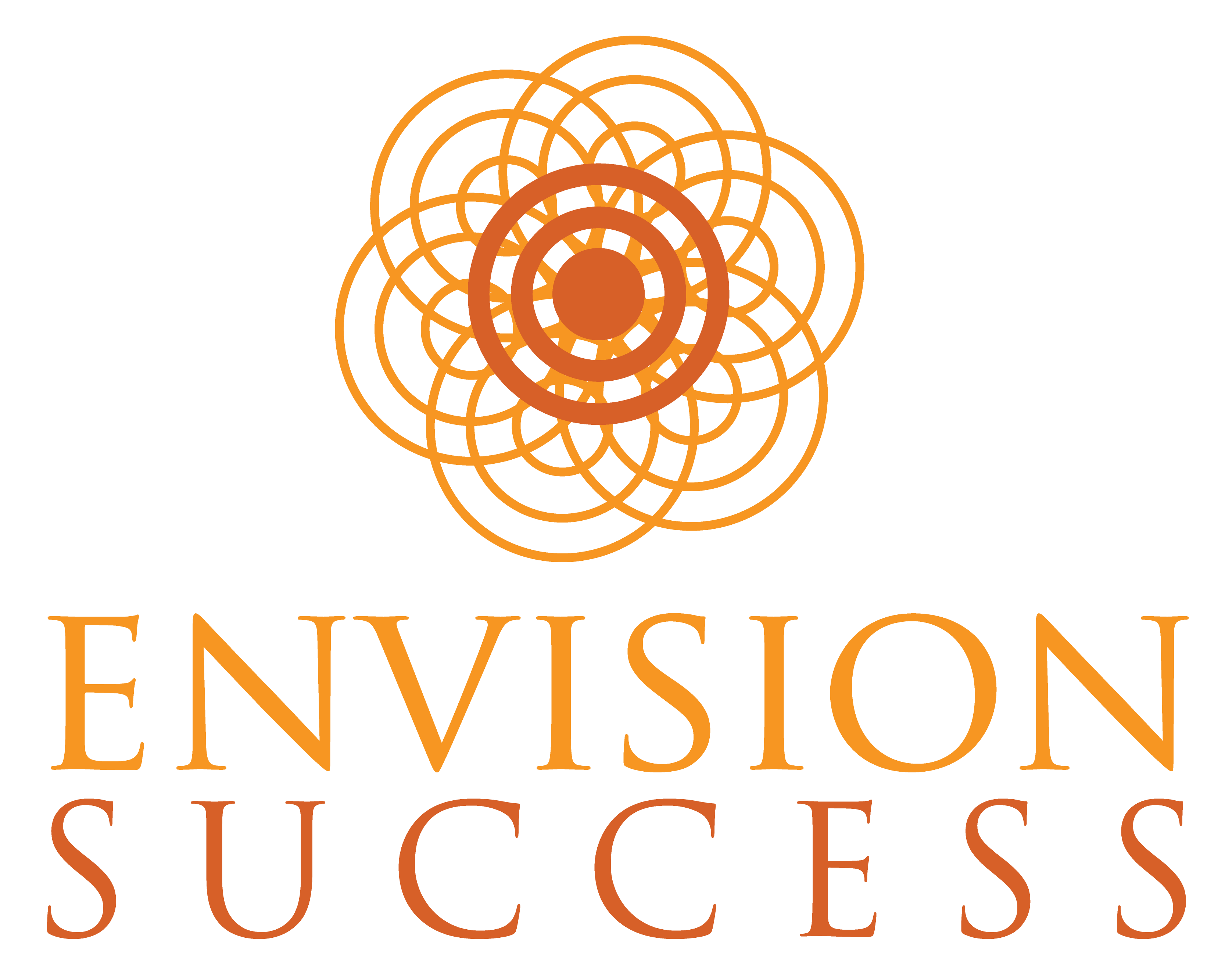When people don’t buy, it’s not really about money. When they say “I can't afford it,” this is rarely the truth. If you usually stop selling when you think people can't afford it, I challenge you to pivot, and identify two ways it helps them, and ask for the sale again.

Even when people say "I can't afford it," it’s more likely to be said out of habit than the actual truth.
Seriously, let's explore this...
How many times have you said you couldn’t afford it when something else was really stopping you from moving forward? If you've said this in the past, was it actually true?
Here are some reasons why you might even say it, even if it's not the main reason to say no:
▸When you don't want to hurt somebody's feelings if you’re not interested.
▸When you haven't thought it through, and it just seems like an easy answer in the moment.
▸When you don't know how to explain the reasons you’re not ready.
▸When there’s something else you’d rather spend your money on.
About 95% of the time people say they can't afford something, they do have the money or could get it fairly easily. They have the money to buy a latte every day, they have the money to buy fancy gourmet food, they have the money to take vacations, they have the money for fast food with low nutrients, they have the money for a bigger TV, they have the money for salon services, personal trainers, etc...
Even if they tell you they’re flat broke, that might not be true. People say lots of things about money that are literally lies. I know of people who say things like this just to get a discount, and then gloat about it later. (Do you know someone like this?)
Do you understand what I'm saying? Here's the BEST part of this realization: if you've been holding yourself back in your sales, believing people who need your product or service cannot afford it, it's time to shift your approach.
If you're asking the right people, money won't be the hurdle to sales.
There is one major exception to the rule that "I can't afford it" is generally false...
This post contains excerpts from the book Lead With Moxie: Surprising Ways Women Are Creating Success in Business, by Heather Legge
Share the love!
Make sure your audience is the right fit for what you're offering.
*This is the ONE exception: if you're selling to the wrong people and they can't afford it, you need a new strategy.
You DO need to ensure product-market fit because obviously it won't work if you're trying to sell the equivalent of luxury yachts to landlocked homeless people.
If you're not sure, the best way to check is to ask people in your desired market what they need and what they are willing to pay for it. Call, email, survey, text... #JUST ASK
My latest venture is currently in this phase of testing product-market fit. People have told me my concept is very sound and I should move forward, but I am spending extra time checking with people to see what they really need before actually designing the product. I've been working on it for a few months and it doesn't even have a name yet! Curious? Share your opinion here.
Put your own buyer hat on and think about how you rationalize purchases.
Here's me: I admit I’m not a strict budgeter, and I'm generous with my coffee and wine purchases, but I still intentionally invest in my professional development regularly. I do this because I know that my greatest growth spurts have been a result of investing in expertise. I'm betting you can say the same.
SO- If you have a professional service business like mine that helps people grow, why would you take that opportunity from someone else to invest in their own future? Likewise, if your product helps people achieve their goals in some way, you don't want to take that away from them by not exploring their options thoroughly.
It's also a good idea to not discount your products or services too often... Offering a deal once in awhile is fine, but if too deeply discounted or too often on sales, people will assume it's not worth the regular price.
If YOU think your price is too high, that's the message they'll hear.
Think about your last sales conversation. Did you state the value and price confidently? Did you ask for the sale clearly and make it easy for them to buy? If your beliefs are holding you back, it's time to clear out your own "head trash" and reset ideas about what you deserve.
(Want help? I can guide you to transform your Sales Confidence and revenue; schedule a free chat with me to learn how. Or read the SELL, COURAGE, and COMMUNICATE chapters in the Lead With Moxie book.)
When people don't buy from you, it's not really about the money. Even if they say it is! So what can you do? Read now.
Never assume someone has money troubles!
Don’t offend customers by assuming they can’t afford to pay. It’s not only rude, it will absolutely hurt your sales. It’s better to assume everyone you’re selling to can afford what you’re selling (after validating product-market fit). If nothing else, it’s like paying them a compliment!
In general, it’s always better to assume the best of other people. This includes their financial situation.
Sales is always more about the VALUE the buyer believes they will receive versus the price they pay.
Your job is to explore how your options will get them what they really want by being genuinely helpful.
OK now, describe two ways your solution gives them real value. Remember to ask for the sale!
How will you apply this to your next sales conversation? Let me know what you think in the comments!
In the spirit of moxie,
PS - Want to know what your natural SALES STYLE is? Connecting with some people is harder or easier depending on your style. Here is a sample of the Sales Assessment I use with clients. It only takes 10 minutes! GO NOW. (Other options include Leadership, Customer Service, and Team Development. I'll let you know when you results are ready which is within minutes, and you can let me know which role you want to focus on. Easy-Breezy!)

